President To Lam noted that there were times when everything had to be confirmed and notarized before it could be resolved, forcing people to notarize without knowing why.
On the afternoon of June 17, during the discussion session in groups on the draft Law on Notarization (amended), President To Lam devoted his entire speech to talking about administrative procedure reforms related to notarization. There were periods when notarization was very arbitrary. The President said that in the past, we did not have notarization because all transactions were very simple. After development, from the need for State administrative management and the development of the judiciary, notarization was born. From the simple act of copying the original, certifying documents, the initial authority of the People's Committee, then the development of society formed the profession of notarization, assigned to the judiciary but largely socialized. According to the President, this law must first of all serve the people in need, serve the administrative management, social governance and be related to law, judicial evidence, the accuracy must be very high. Therefore, it is necessary to promulgate a law for standard notarization activities. 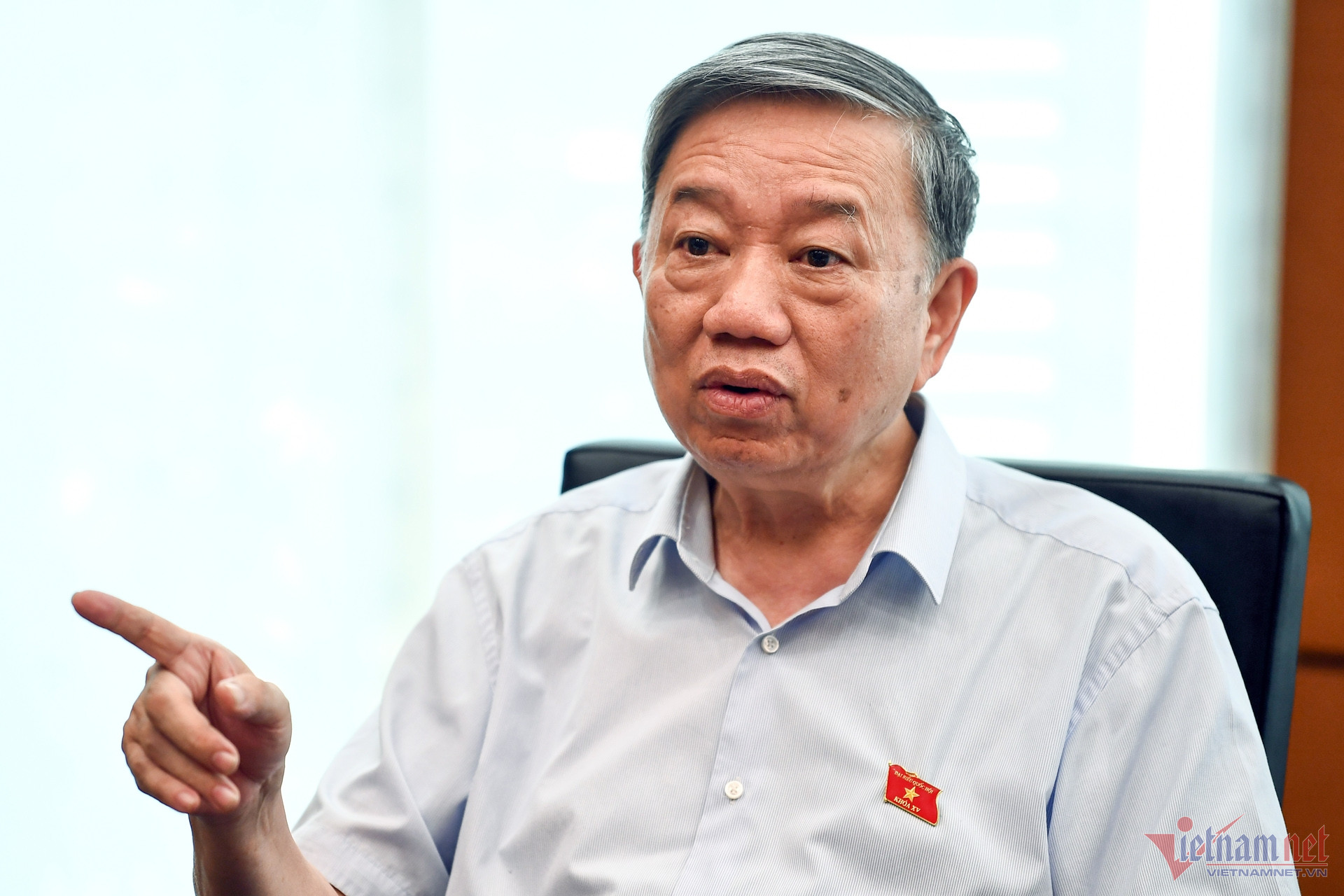

President To Lam. Photo: Hoang Ha
However, he expressed concern that "reading and re-reading, seeing that it is not correct, still arbitrary, is very difficult". The State requires this and that to be notarized, to be authenticated for people to do things. The President noted that administrative agencies have very arbitrary periods, everything must be confirmed, notarized to be resolved, just forcing people to notarize without knowing why. "Administrative procedure reform is to reduce these things, naturally notarization has decreased significantly. For example, in the past, we had to photocopy the household registration, go to the notary to verify the household registration, but now there is no paper household registration anymore, so what can we notarize?", the President said and emphasized that recently, State management and administration have been reformed a lot. Holding an ID card will not need notarization . President To Lam pointed out the fact that in the past, when applying for a passport or registering a motorbike, we had to hold a set of documents and have them notarized. Currently, through administrative procedure reform, there is no need for many documents anymore, so the heat of the notary industry has decreased. "Now the citizen identification card is the only document that determines the legal status of the transactor, holding the identification card will not require any confirmation, only need an identification number in the electronic environment to make transactions, no need for notarization", the President emphasized. People can go for health check-ups, tax confirmation, health insurance by integrating documents into the identification number and can legally identify, have full rights to transact in society, directly transact electronically very accurately, without needing confirmation, notarization. "Therefore, notarization is greatly reduced, this is also administrative procedure reform", the President affirmed. From these analyses, he suggested that the bill should clearly stipulate in which cases notarization is required, not that an agency or official sets up procedures forcing people to notarize, but when asked what notarization is for, they do not know. The President also informed that recently, people have been very sympathetic to the reform of administrative procedures, "to the point that they do not think why it is so simple now". "Previously, to do procedures, you had to queue, come at several o'clock in the morning, bring all the necessary documents to be processed; but now you only need to bring your citizen ID card to be considered and processed, and you do not even need to come and do electronic transactions", the President compared. He noted that in general, we must look at how notarization is, what it serves, what it does in administrative management and the judicial system, and at the same time "require serving the people - that is the highest requirement". "It is necessary to review more comprehensively so that the law can be put into practice and receive a wider response. State management agencies must also get involved, regulate what is notarization and what notarization must be standard, to reform administration", said the President. Many delegates commented on Article 8 of the draft Law on Notarization (amended) on the criteria for appointing notaries as "Vietnamese citizens under 70 years old". Delegate Nguyen Thi Hong Hanh (Deputy Director of the Ho Chi Minh City Department of Justice) said that this provision contradicts Article 14 of the draft Law when one of the cases where a notary is dismissed is "over 70 years old" without requesting to be dismissed, or no longer meeting other criteria as prescribed by law. "So, a 69-year-old person, after being appointed, should he or she be dismissed immediately?", Ms. Hanh raised and suggested reviewing this provision. Also concerned about cases where people who have just been appointed at the age of 70 will be dismissed, delegate Nguyen Viet Thang (Kien Giang) suggested that the age for practicing as a notary should be "not over 70" and the age requirement for appointment should be regulated in a more reasonable time: There may be at least 24 months or 36 months left until the age for practicing as a notary expires, to ensure reasonableness and feasibility when implementing.
Vietnamnet.vn
Source: https://vietnamnet.vn/chu-tich-nuoc-truoc-day-cu-bat-nguoi-dan-cong-chung-ma-khong-biet-de-lam-gi-2292525.html

![[Photo] Prime Minister Pham Minh Chinh works with state-owned enterprises on digital transformation and promoting growth](https://vstatic.vietnam.vn/vietnam/resource/IMAGE/2025/4/15/f55bfb8a7db84af89332844c37778476)

![[Photo] Celebrating the 70th Anniversary of Nhan Dan Newspaper Printing House](https://vstatic.vietnam.vn/vietnam/resource/IMAGE/2025/4/15/a7a2e257814e4ce3b6281bd5ad2996b8)
![[Photo] Tan Son Nhat Terminal T3 - key project completed ahead of schedule](https://vstatic.vietnam.vn/vietnam/resource/IMAGE/2025/4/15/85f0ae82199548e5a30d478733f4d783)

![[Photo] Vietnamese and Chinese leaders attend the People's Friendship Meeting between the two countries](https://vstatic.vietnam.vn/vietnam/resource/IMAGE/2025/4/15/7d45d6c170034d52be046fa86b3d1d62)
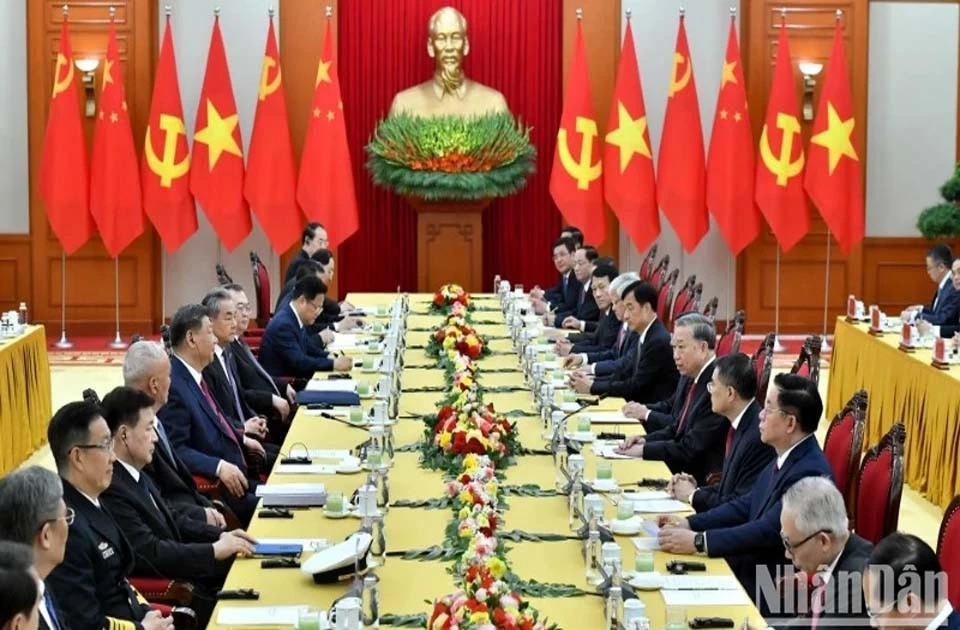

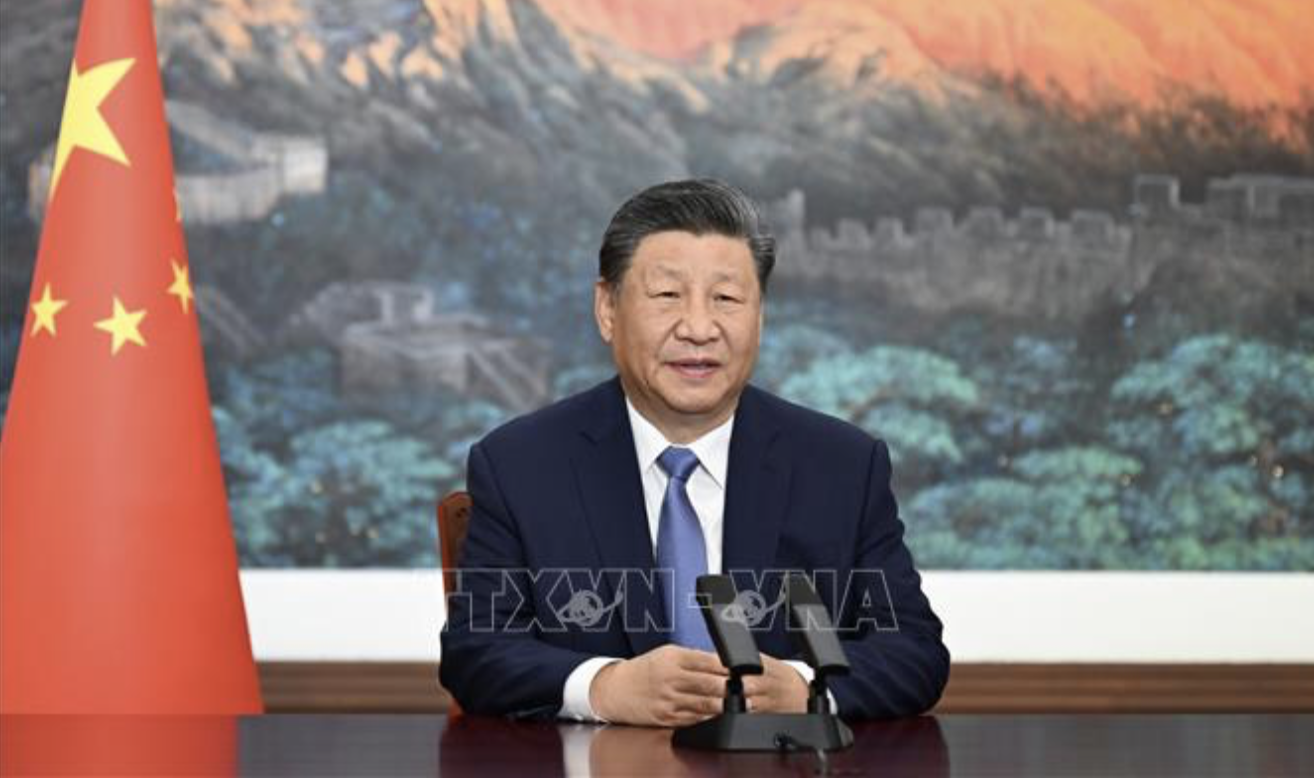





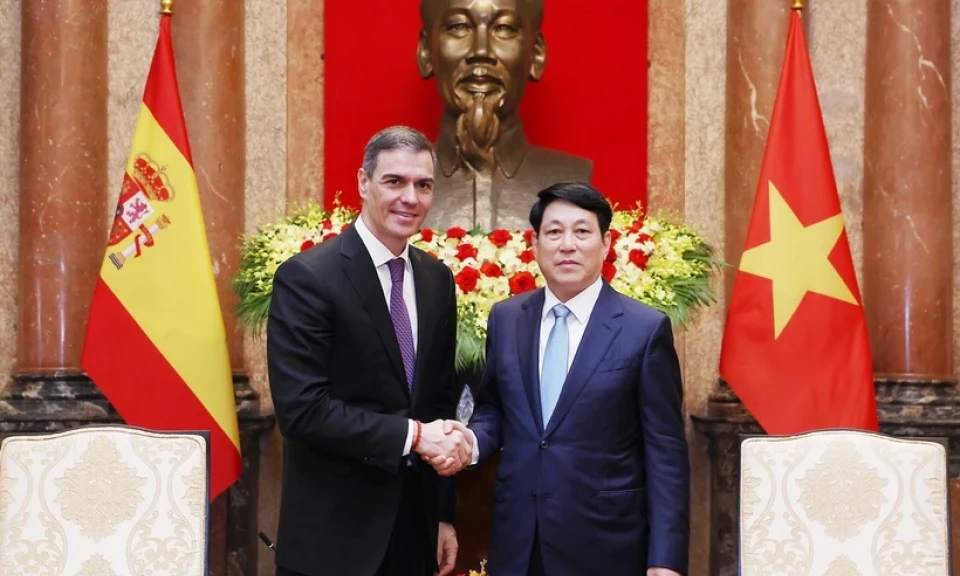

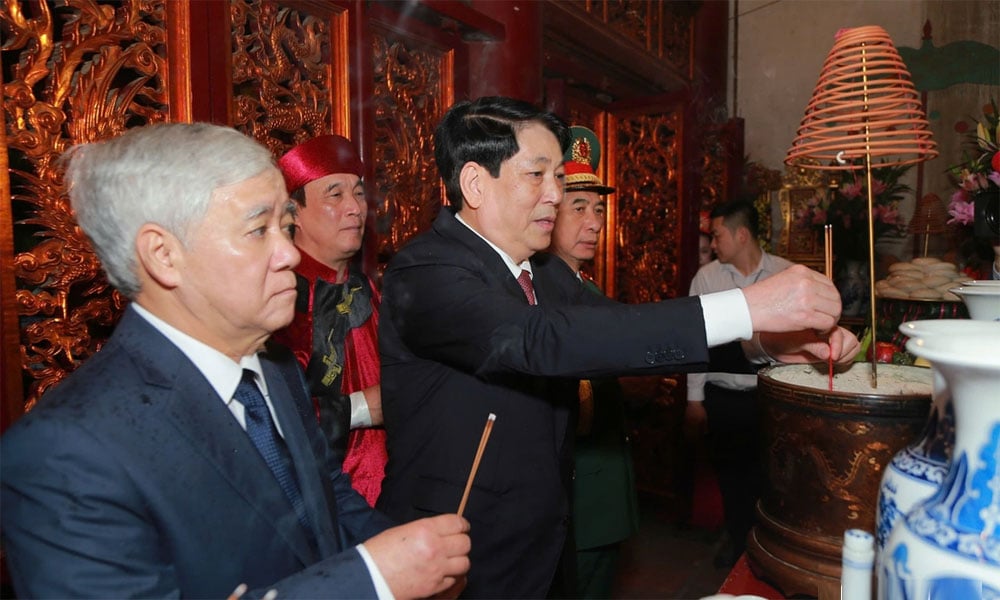


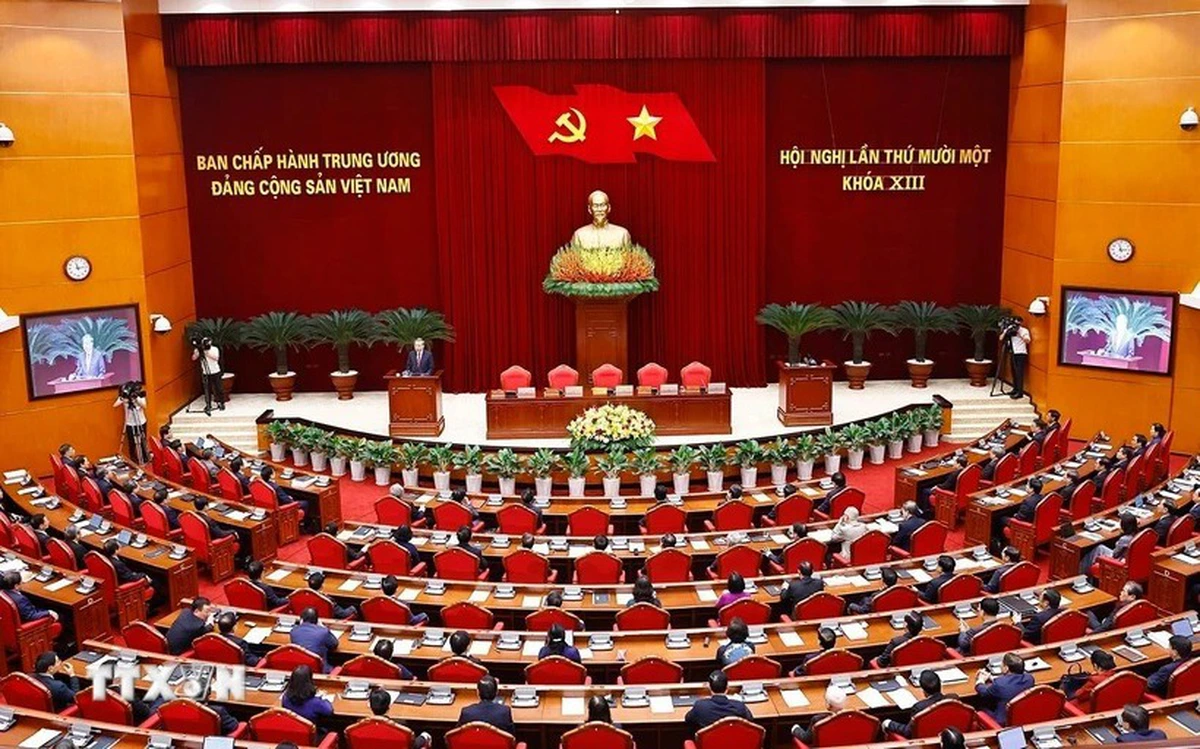
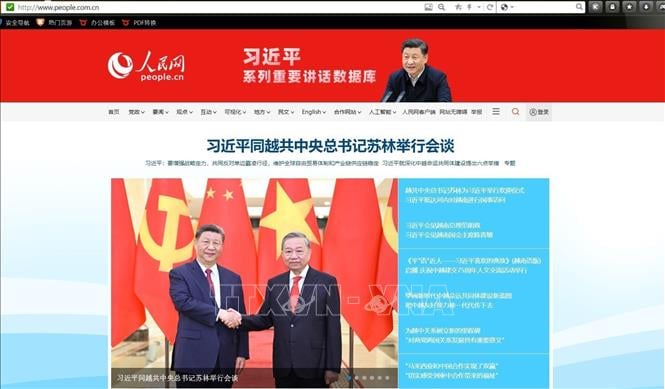
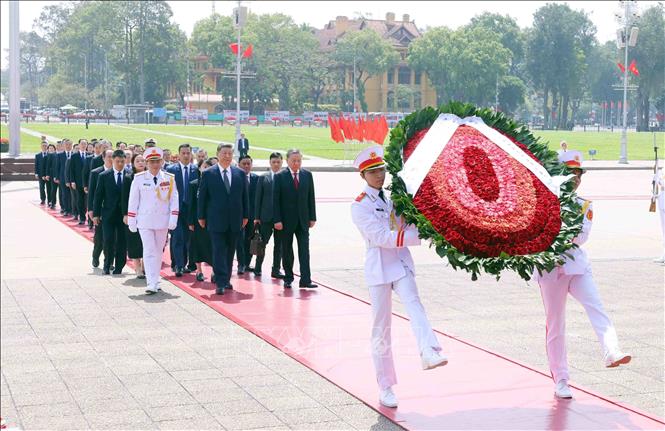

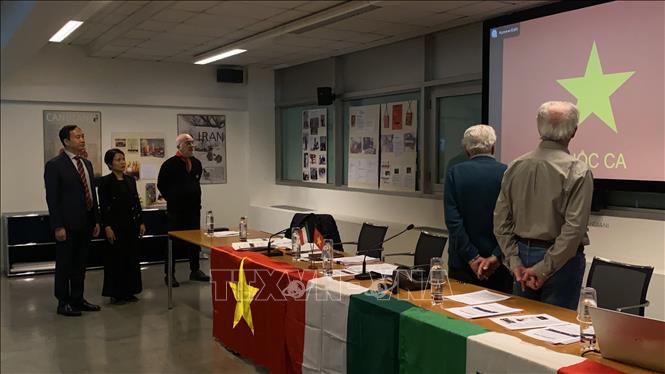






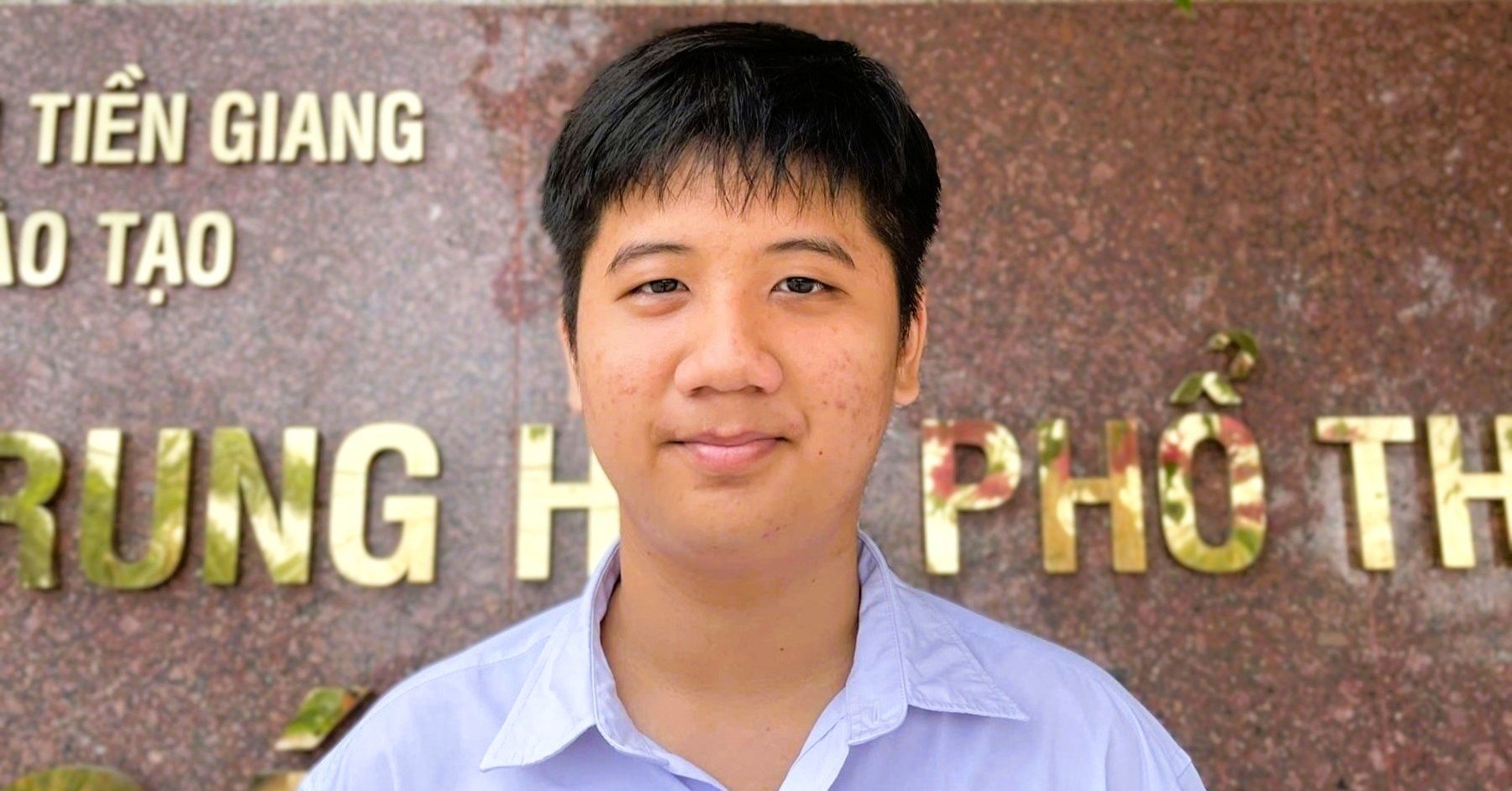

![[Photo] Reception to welcome General Secretary and President of China Xi Jinping](https://vstatic.vietnam.vn/vietnam/resource/IMAGE/2025/4/15/ef636fe84ae24df48dcc734ac3692867)



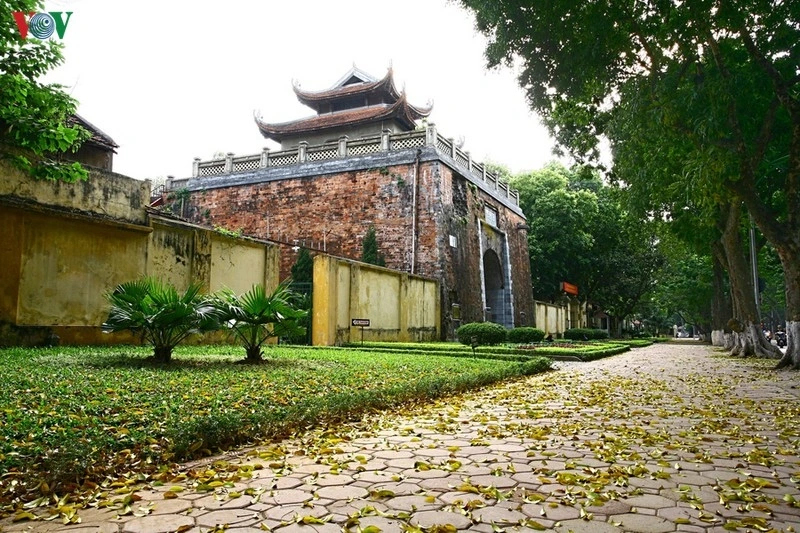
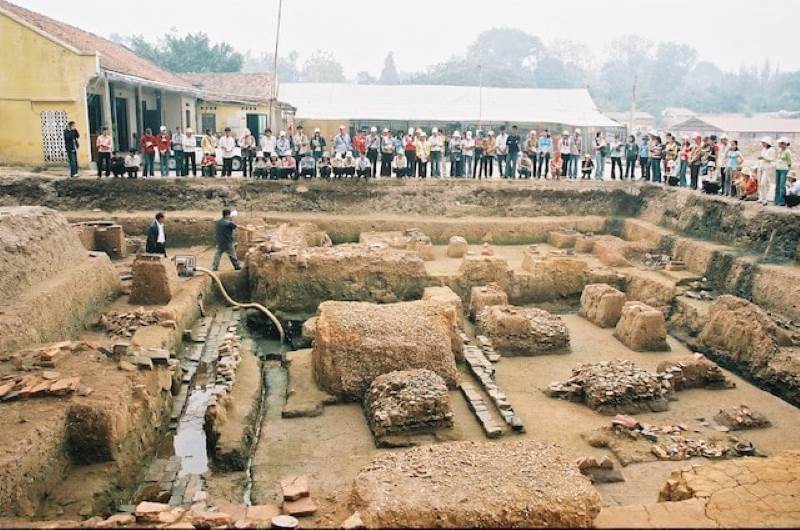

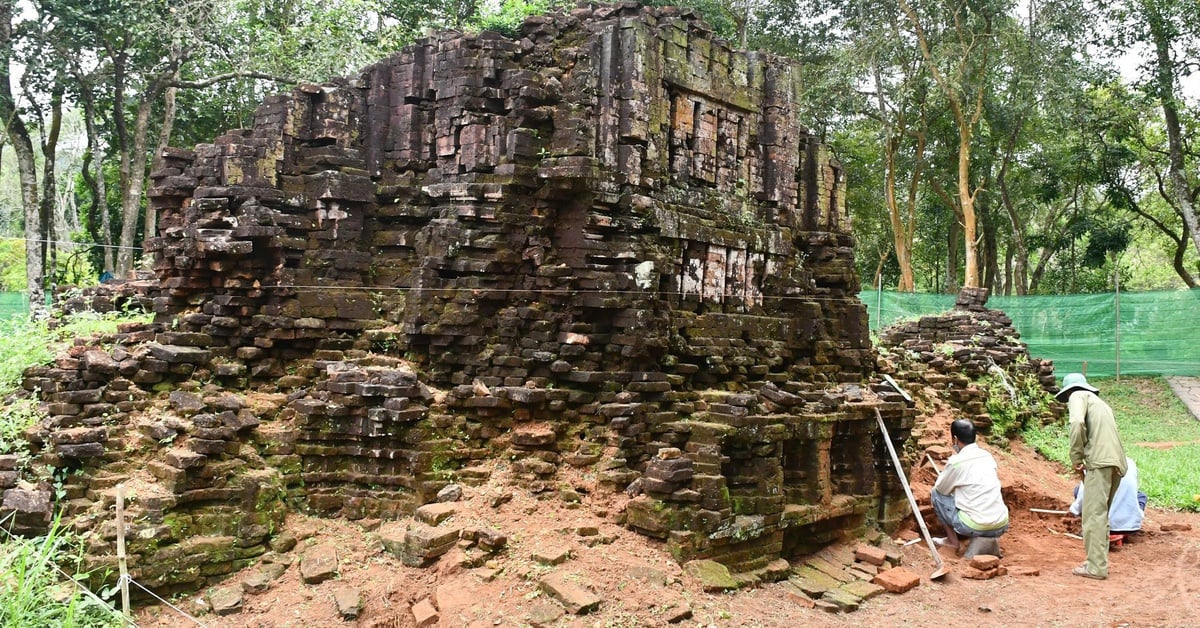

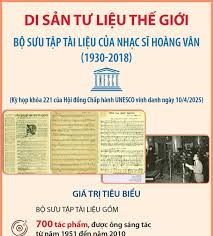













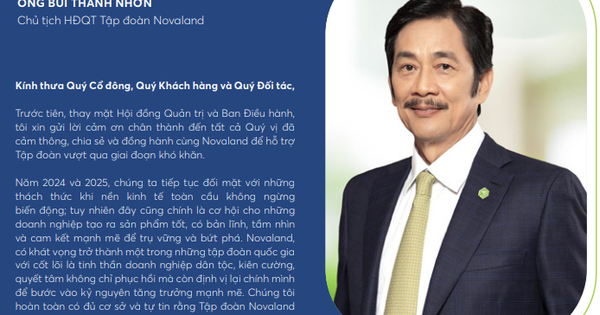








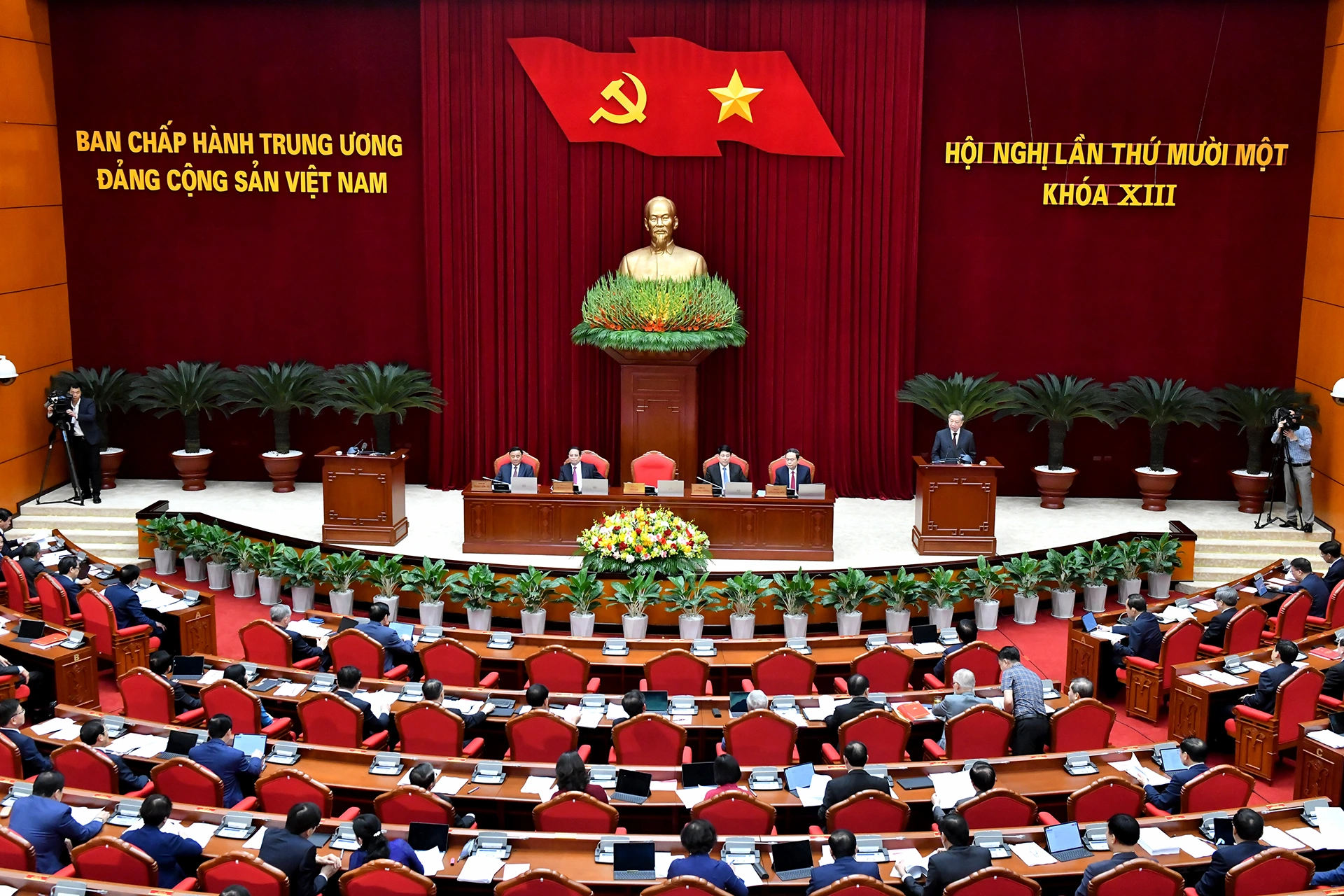
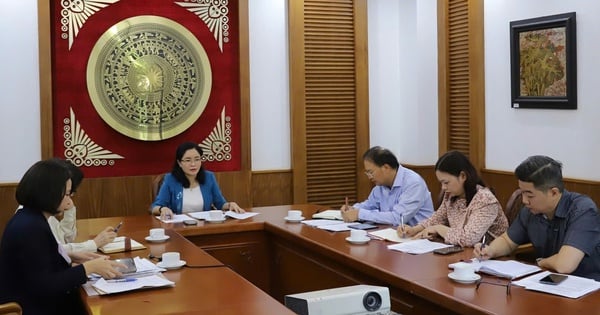

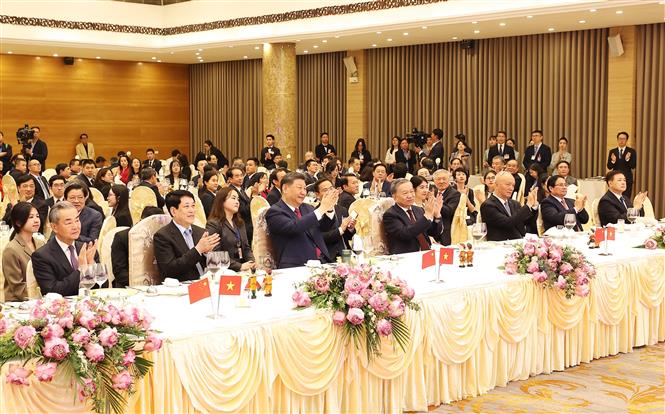

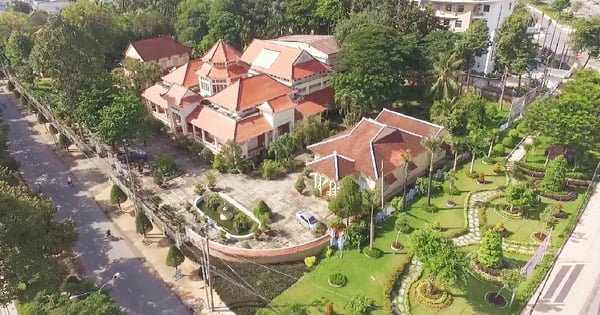



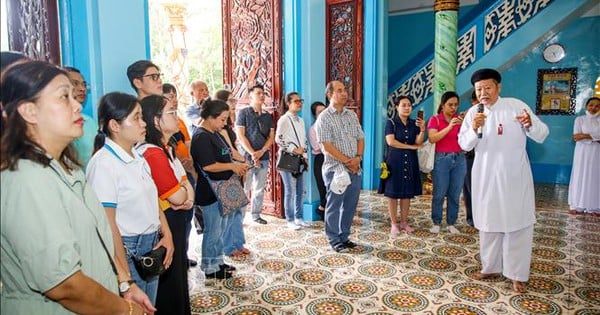


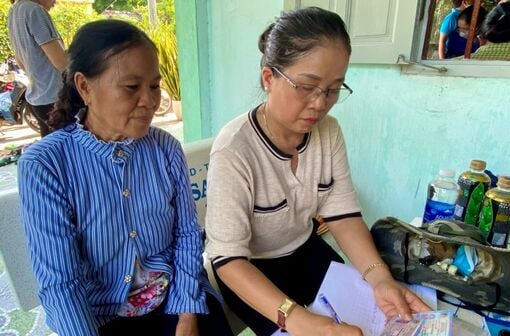



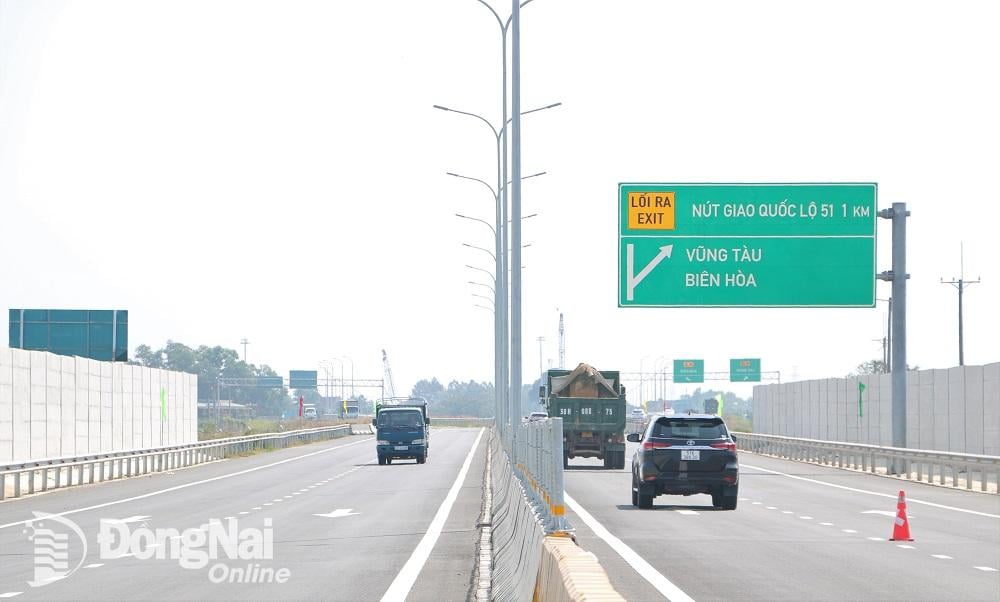













Comment (0)